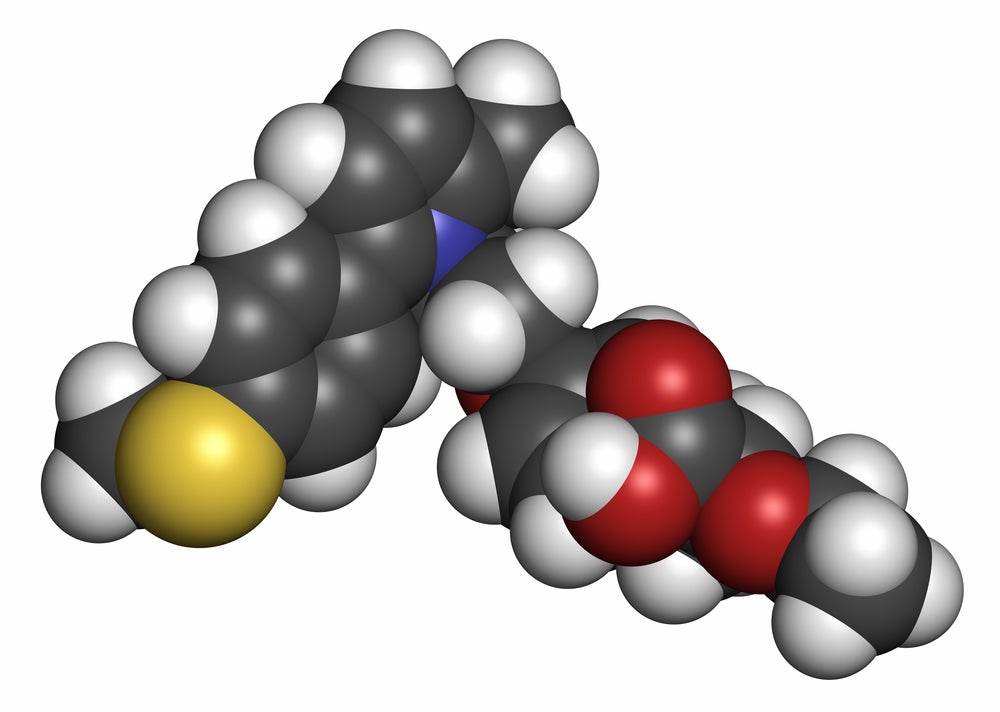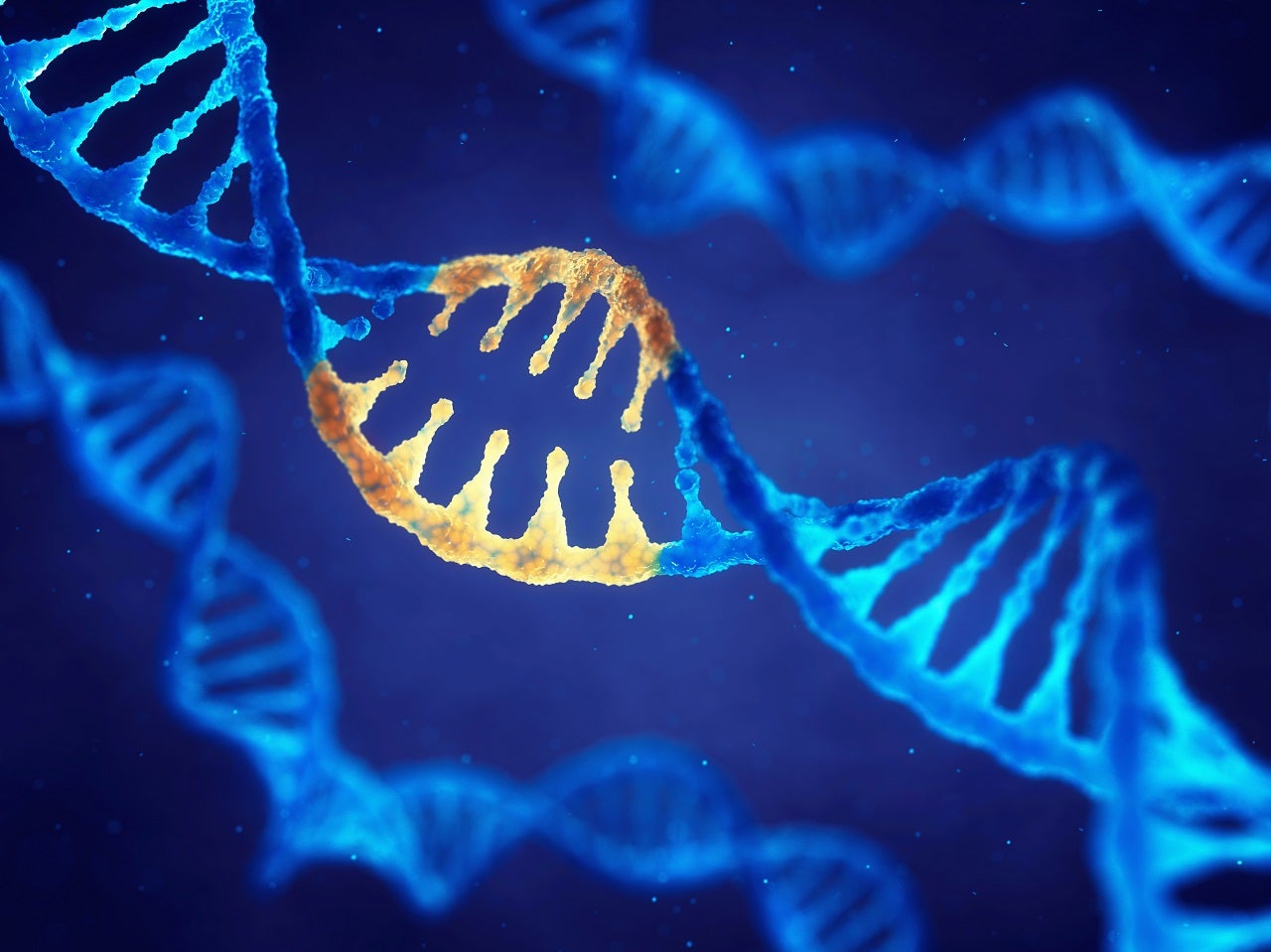EASD 2023: Effectiveness of GLP-1 Agonists vs. DPP-4Is in Patients with T2D and CKD
At the 59th Annual European Association for the Study of Diabetes (EASD) 2023 meeting, a new comparative study was discussed demonstrating the effectiveness of glucagon-like peptide-1 receptor agonists (GLP-1RAs) versus dipeptidyl peptidase-4 inhibitors (DPP-4Is) in patients with type 2 diabetes (T2D) and chronic kidney disease (CKD). Tuttle and colleagues recognized that patients with T2D and CKD are limited in their therapeutic use because their low estimated glomerular infiltration rate (eGFR) results in the accumulation of many drugs and/or metabolites. It is well understood that GLP-1RAs are effective glucose- and body-weight-lowering therapies in patents with T2D and low eGFR, and similarly DPP-4Is are widely used by patients with T2D and CKD. This study evaluated the real-world effectiveness of GLP-1RAs versus DPP-4Is for glycemic control and body weight reduction in patients with T2D and moderate or severe CKD. T2D is a cardiometabolic disease with multiple comorbidities that are expected to increase in their prevalence, including CKD, obesity, heart failure (HF), and diabetic retinopathy, among others. The comparative analysis included 1,650 GLP-1RAs initiators (mean age: 67.1 years of age; 51% men: mean eGFR, 48.6ml/min/1.73m²: mean HbA1c 9.1%; body weight [mean] 106.5kg) and 1,650 DPP-4Is (mean age: 66.7 years; 50% men, mean eGFR, 48.6ml/min/1.73m²: mean HbA1c 9.1%; body weight [mean] 106.2kg). The most commonly initiated GLP-1RAs were exenatide (n=422) and liraglutide (n=419); the most commonly initiated DPP-4Is were linagliptin (n=643) and sitagliptin (n=563). At six months, GLP-1RA treatment was associated with a significantly greater reduction in HbA1c versus DPP-4I (-1.10% [95% CI: -1.19; -1.00] vs. -0.95% [95% CI: -1.04;-0.85]; estimated treatment difference [ETD] -0.15% [95% CI: -0.28, -0.02]; p

What's Your Reaction?
































